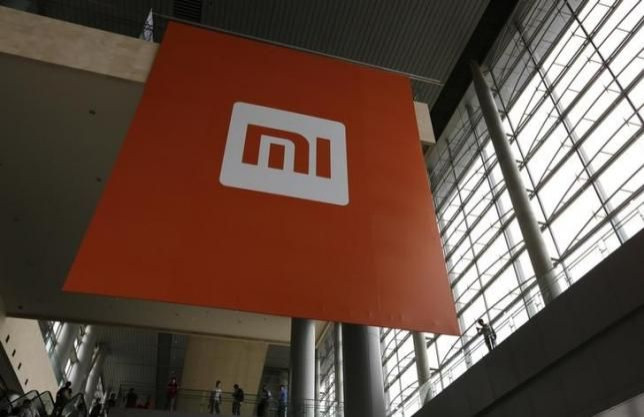Xiaomi To Push Offline Sales In 2016: Chinese Smartphone Maker Mulls US Retail Launch

Xiaomi is reportedly planning to aggressively target offline sales of its smartphones in 2016 through partnerships with retailers as well as a 150 percent increase in its own retail store presence as it attempts to continue growing in a market that is expected to cool this year.
Xiaomi has gone from selling its first smartphone to becoming one of the world's biggest smartphone makers in the space of three years, mainly thanks to direct-to-consumer online sales through its Mi.com website. While that has seen the company record stellar growth in its short life, revenue in 2015 failed to meet expectations and so the company is looking for new outlets.
The news comes from an internal memo seen by Reuters, which suggests that Xiaomi wants to sell double the number of smartphones it sold offline in 2015 during the coming 12 months. According to analysts, just 40 percent of Xiaomi's total of 70 million smartphones were sold offline in 2015, meaning that in 2016 it plans on selling 56 million smartphones through its network of retail partners as well as its own bricks-and-mortar Mi stores.
The leaked document seen by Reuters lists a number of Chinese retail partners as well as plans to increase its own stores from 20 locations to 50 in the coming year. Xiaomi representatives were not immediately available to respond to a request for comment.
While China remains Xiaomi's main market, it has been slowly expanding internationally in recent years and in 2015 launched its first smartphones in Brazil. It has launched some of its products -- including headphones and power banks -- in developed markets like the U.S. and U.K. and many expect it to eventually launch its smartphones there too.
One of the stumbling blocks analysts see for Xiaomi repeating its success in more mature markets is that selling direct-to-consumers as it has in China may not work in other markets. By focusing on boosting its retail expertise (and sales), Xiaomi could be paving the way for a launch in developed markets sooner rather than later.
A year ago Xiaomi was being heralded as the world's most valuable startup following an investment of $1.1 billion that valued it at $45 billion, but after missing its 2015 sales target of 80 million smartphones (a figure revised downward from 100 million halfway through 2015) it will be keen to show investors that its future remains bright.
© Copyright IBTimes 2025. All rights reserved.




















